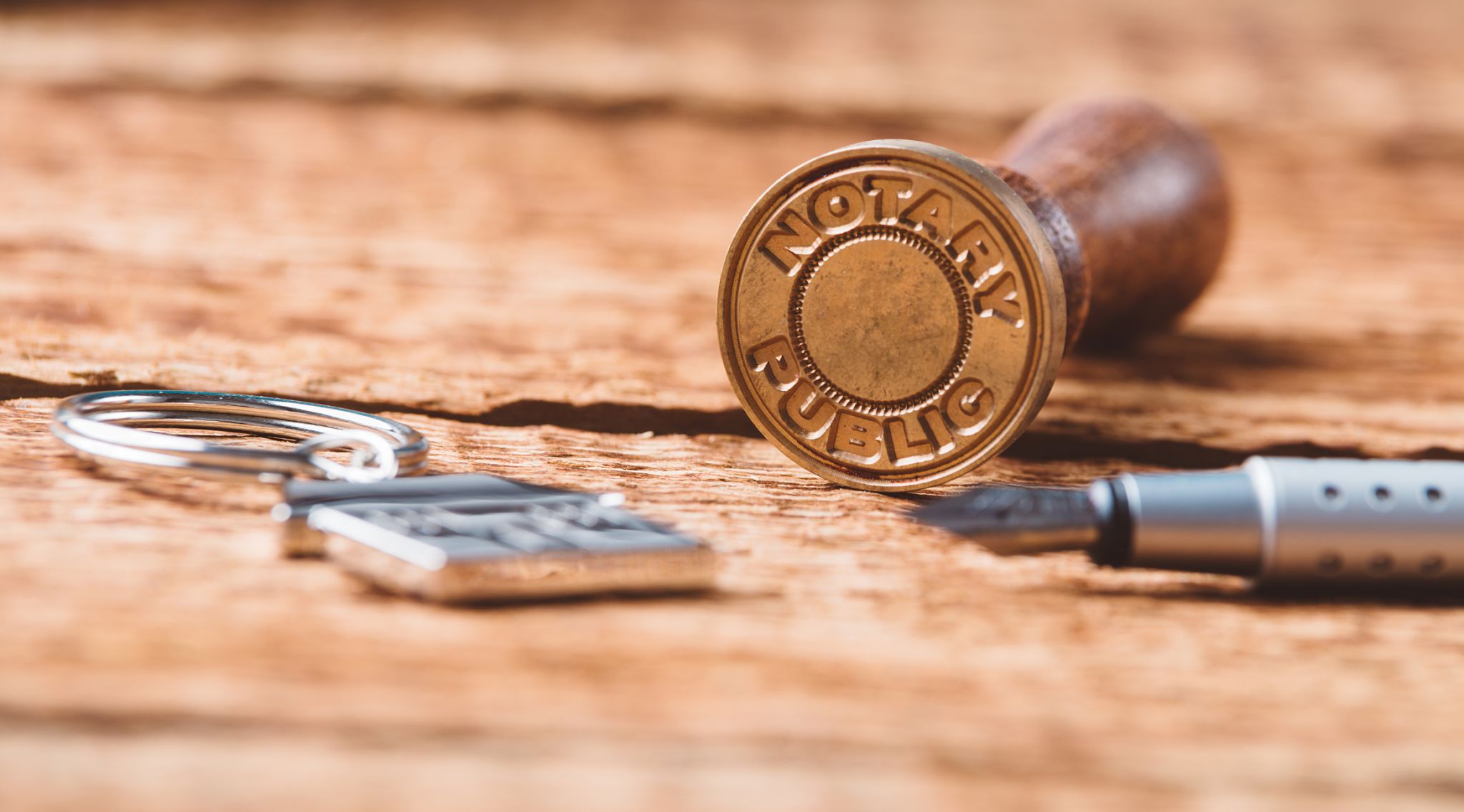Understanding the Notarization Process: A Step-by-Step Guide
Introduction to Notarization
Notarization is a crucial process in the legal and business world, offering a way to authenticate documents and verify the identity of signatories. This process ensures that documents are legitimate and that all parties involved are who they claim to be. Whether you're buying a house, drafting a will, or entering a business agreement, understanding how notarization works can be immensely beneficial.
In this guide, we’ll break down the notarization process step-by-step, helping you navigate it with confidence. From understanding what a notary public does to preparing for a notarization appointment, we’ve got you covered.

What Is a Notary Public?
A notary public is an official appointed by the state government to serve as an impartial witness during the signing of important documents. They play a critical role in preventing fraud by verifying identities, ensuring the signatories are aware of the document's contents, and affirming that they are signing voluntarily.
Notaries are bound by law to adhere to specific practices and procedures, making their role essential in maintaining trust and integrity in legal transactions.
Types of Documents Needing Notarization
Many types of documents may require notarization, including:
- Real estate deeds
- Trusts and wills
- Contracts
- Power of attorney forms

The Notarization Process Explained
The notarization process typically involves a few key steps. Here's what you can generally expect:
- Present your documents: Bring the document you need notarized to the notary public, along with any other required materials.
- Verify your identity: Be prepared to present a valid form of identification, such as a driver's license or passport, to prove your identity.
- Sign in front of the notary: You must sign the document in the presence of the notary to ensure authenticity.
- The notary's seal and signature: After verifying everything, the notary will sign and stamp the document, officially notarizing it.
Preparing for a Notarization Appointment
Proper preparation can make your notarization appointment smooth and efficient. Here are some tips:
- Check document requirements: Ensure you have all necessary documents and that they are completed correctly before your appointment.
- Bring valid identification: Verify that your ID is current and matches the name on the document.
- Understand fees: Notaries may charge a fee for their services, so inquire about costs beforehand.

The Importance of Notarization
The notarization process serves as a protective measure against fraud and coercion. By ensuring that documents are signed willingly and without duress, notarization helps maintain confidence in legal agreements. This is particularly crucial in high-stakes transactions involving real estate or financial matters.
Moreover, notarized documents are often required in legal proceedings, providing an additional layer of security and validity. Understanding the notarization process can help you navigate these situations more effectively.
Finding a Notary Public
Locating a notary public is relatively straightforward. Many banks, law offices, and even shipping centers offer notary services. Additionally, mobile notaries can travel to your location for added convenience. When choosing a notary, ensure they are licensed in your state and have a good reputation for reliability.
Conclusion
Understanding the notarization process is essential for anyone involved in legal or business transactions. By following this guide, you can confidently approach notarization appointments and ensure that your documents are handled correctly and legally. Remember, a well-executed notarization can safeguard against potential disputes and provide peace of mind in your personal and professional dealings.
